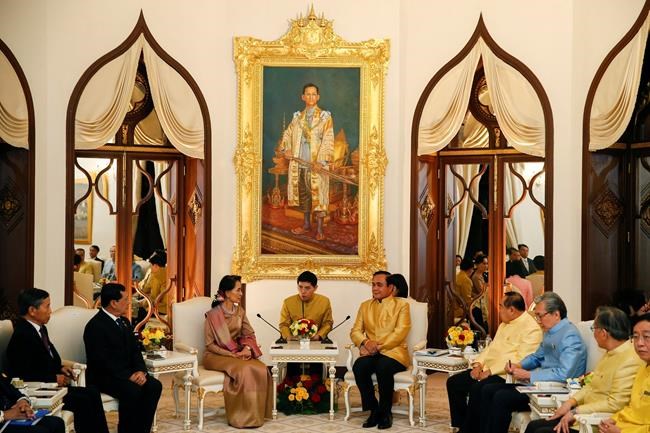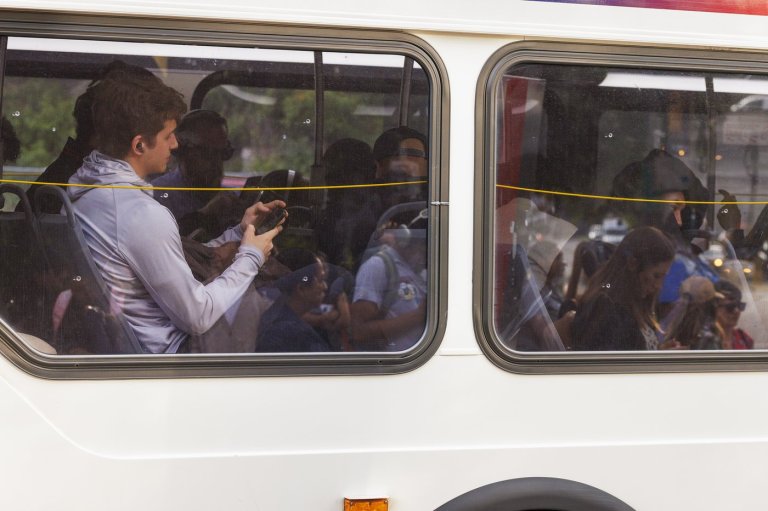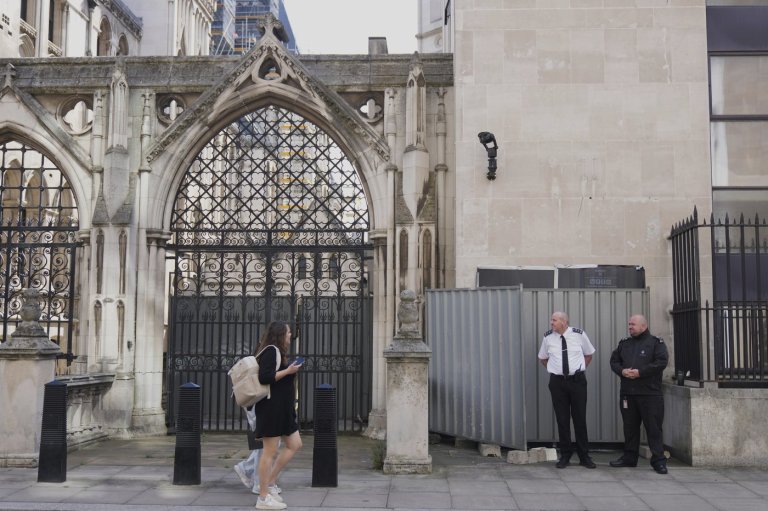
Suu Kyi says trust must precede peace in Myanmar
BANGKOK – Myanmar’s de facto leader Aung San Suu Kyi said Friday there must be trust between conflicting groups in her country, long plagued by ethnic insurgencies, before there can be full peace.
The Nobel Peace Prize laureate — officially called Myanmar’s state counsellor — was speaking to an invited audience of Thai students on the second day of a three-day visit to Thailand.
Myanmar is still troubled by conflict among ethnic armed groups fighting the army for greater autonomy in its more remote areas. Her government is trying to bring the parties together for all-inclusive peace talks aimed at a permanent settlement, but decades of warfare and distrust make that difficult. No date has been set for the planned talks.
Suu Kyi said her government is working “to turn conflict into friendship, to turn conflict into mutual trust and understanding.”
“Trust is the basis of any successful endeavour between different groups, different individuals, different countries,” she said.
Later Friday, Suu Kyi met with Thai Prime Minister Prayuth Chan-ocha to sign memorandums of understanding on the treatment of Myanmar migrant workers in Thailand, who labour in menial jobs and often in exploitative conditions.
The government estimates there are 1.4 million Myanmar migrant workers in the country but advocates say the number is at least twice that.
“There has to be regulation of brokers, regulation of agencies, workers shouldn’t be paying to work in Thailand and they shouldn’t be placed in situations of debt bondage,” said Andy Hall, who advises the Migrant Workers Rights Network.
He said there also needs to be a systematic overhaul of Thai law enforcement agencies so they don’t prey on the migrants, and a greater appreciation of the workers as a crucial part of the Thai economy.
Suu Kyi also said her country has “to do a lot of work” before it can take back more than 100,000 refugees who have been living in border camps in Thailand for decades. She discussed the eventual repatriation of the long-displaced refugees in her meeting with Prayuth.
The refugees fled Myanmar during the height of repression by the former military government.
The sweeping election victory last November by Suu Kyi’s National League for Democracy party and the formation of her civilian government has led to growing speculation that the refugees will soon return home.
But Suu Kyi seemed to dampen expectations, at least over the time frame.
“Of course what we want is that all people displaced from our country should come back to us and should come back to the kind of conditions they will never want to leave again. For this we have to do a lot of work. It is not enough just to say ‘please come back.’ They have to have homes to come back to. They have to have schools for their children. They have to have hospitals to take care of them, and most of all they have to have work. Job creation is of the greatest importance for our country.”
She had been due to visit one of the refugee camps on Saturday to meet its residents but the trip was cancelled, reportedly because of concern over monsoon weather conditions.
Join the Conversation!
Want to share your thoughts, add context, or connect with others in your community?
You must be logged in to post a comment.















